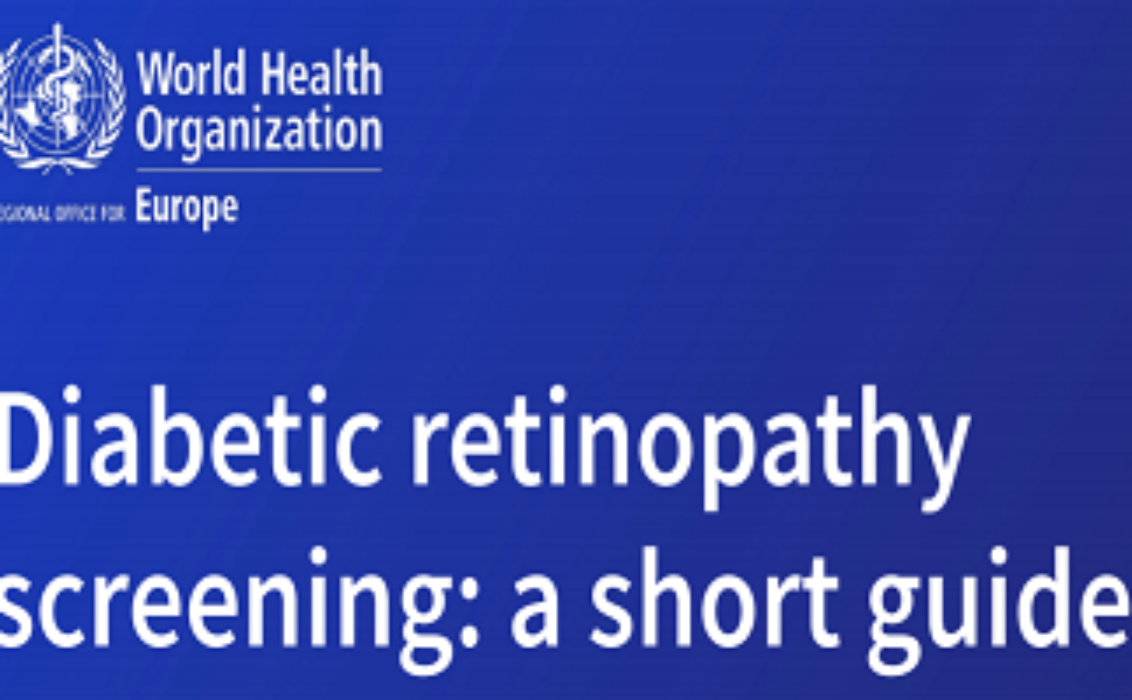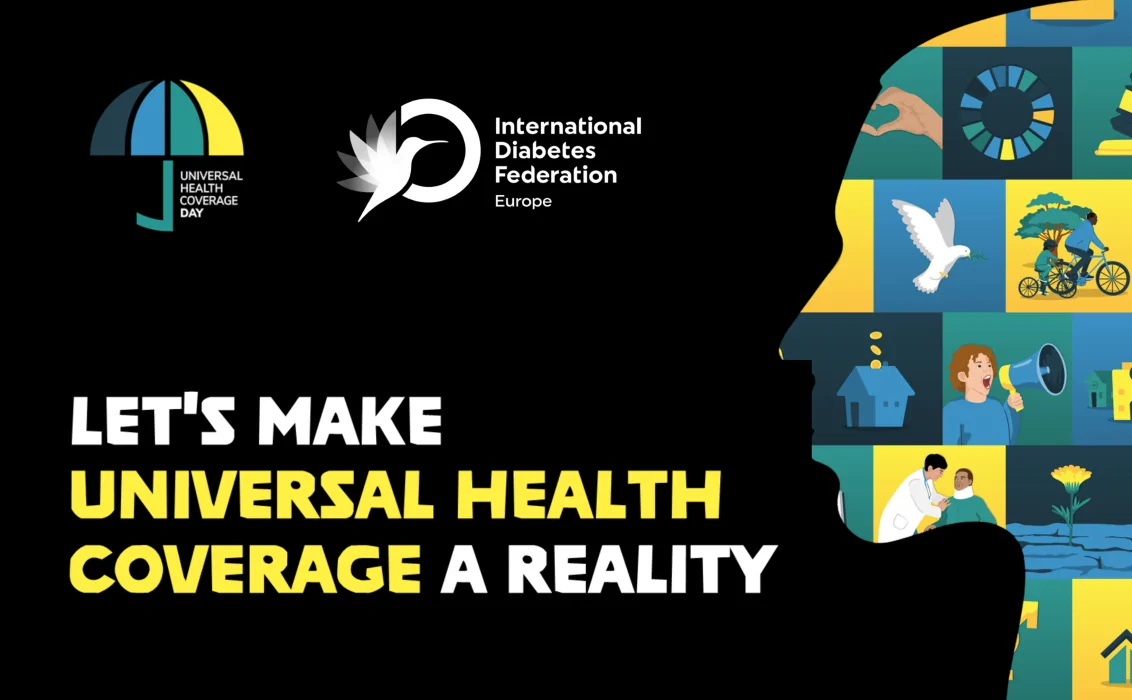On November 18, WHO Europe hosted a webinar to launch “Diabetic retinopathy screening: a short guide”. The guide is part of an initiative of the WHO Regional Office for Europe that aims to improve screening practice through the life-course to increase effectiveness, maximize benefits and minimize harm.
 |
Diabetic retinopathy is a leading cause of blindness and vision impairment. As the moderator Jill Farrington, Coordinator, Noncommunicable diseases, WHO Regional Office for Europe pointed out, there is much that we can do when it comes to retinopathy screenings programmes, even though nowadays very few countries are able to provide screenings to prevent this condition. Not to mention that there are still inequalities in access to eye care in Europe that need to be eradicated in order to reduce the risk of preventable blindness.
This guide is not a medical guide but an operational one: it aims to capture the challenges policy-makers may face in implementing effective diabetic retinopathy screening and lays out the important steps that should be considered for developing more systematic and quality assured approaches.
Prof. Dr. Sehnaz Karadeniz, former IDF Europe chair, was one of the speakers of the webinar. Prof Karadeniz reminded the audience that one third of the people with diabetes are estimated to have diabetic retinopathy with or without any visual symptoms and that early detection and timely treatment can prevent or delay diabetes-related blindness. She welcomed WHO EURO new DRS’s guidance on how to develop a strategy regarding diabetic retinopathy screening. Given the differences in healthcare systems, resources and reimbursement policies in Europe, it is fundamental for every country to review its own human and financial resources, and conduct their own programme with monitoring systems in place.
Critical to the success of a screening programme is to ensure that Ministries of Health prioritize prevention within their health political agenda. Prof. Karadeniz underlined the fact that WHO Europe is currently working closely with Ministries of Health and governmental agencies. IDF Europe will also share this guiding document with its Member Associations across Europe.
Diabetic retinopathy screening must be considered an essential component of diabetes care for people living with diabetes. The guide represents a good start to create health-enabling environments and person-centred healthcare systems that can guarantee equal access to medicines, technologies, and care for all.



